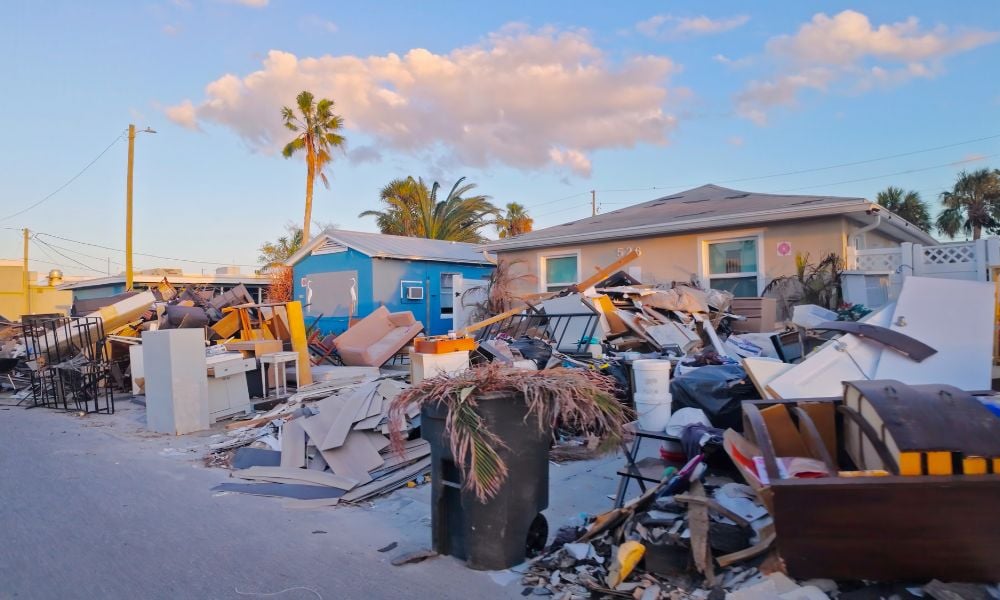Many expect the worst—but few have a plan

A recent Harris Poll for the American Institute of CPAs (AICPA) showed that 32% of Americans have made no financial preparations for natural disasters, even though 66% expect these events to cause a major (29%) or moderate (37%) impact on their finances.
“Many Americans don’t think about their finances when it comes to preparation for a natural disaster. However, financial needs become front and center after the destruction has already taken place,” said Eva Simpson, AICPA vice president of member value, tax and advisory services. “Disaster preparedness when it comes to finances can go a long way to mitigate the financial toll and help people and businesses recover.”
The most common preparations include reviewing insurance coverage (31%) and taking inventory of possessions (30%). Fewer respondents reported having an estate plan or will (19%).
The study also noted that 63% of business owners expressed concern about financial hardship from a potential natural disaster, with 31% saying they were very concerned and 33% somewhat concerned. Among their top worries were loss of revenue due to business closure (33%), loss of customers or contracts (29%), and property or inventory damage (26%).
Preparing for natural disasters
To help individuals and business owners prepare financially, the AICPA advises several steps. Individuals are encouraged to create an emergency fund, review their insurance policies, and protect vital documents such as wills, deeds, and insurance records. Keeping physical and digital backups in secure, disaster-resistant locations is recommended.
Estate planning is also advised. This includes setting up a will or living trust, health care proxy, and ensuring beneficiary information is updated for life insurance or retirement accounts. Legal aid clinics and employee assistance plans may offer support for those unable to afford private legal services.
For business owners, the AICPA recommends establishing clear communication channels, planning for remote work, safeguarding digital data, and preparing for disruptions to physical workspaces. Measures include off-site backups, alternate work locations, and accessible emergency supplies.
“Preparing financially for a disaster is a challenging, but necessary, task for individuals, families and business owners,” said Simpson. “Disasters can take a toll both emotionally and financially—taking these steps to prepare can provide peace of mind and help victims rebuild after a tragedy.”
The survey was conducted online from June 13 to 17, 2025, among 2,093 US adults, including 284 business owners. Results carry a margin of error of ±2.5 percentage points at a 95% confidence level.
How should Americans prepare for unexpected financial disasters? Share your insights in the comments below.



